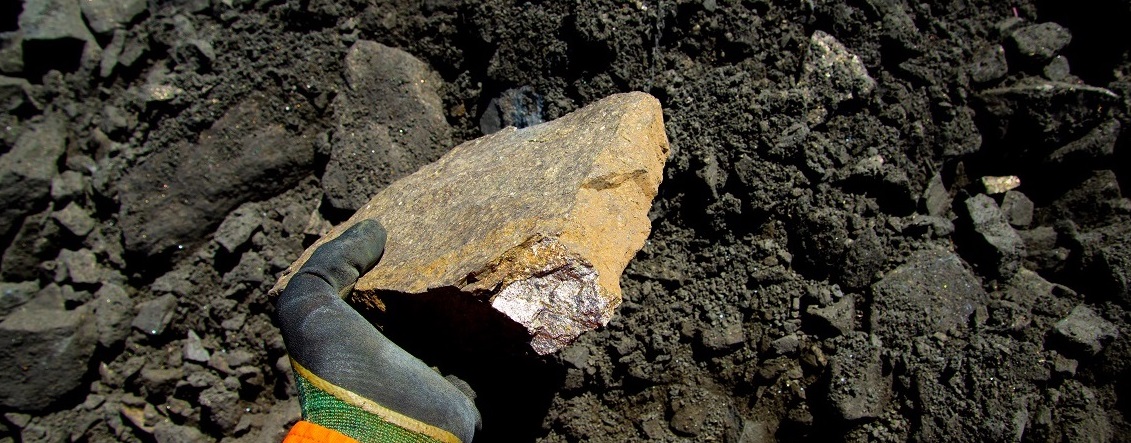Will Kiswahili poetry survive the whims of spoken language pollution?

What you need to know:
- Today, writing helps preserve the richness of poetry, especially from the risk of disappearing when it is shared only orally. With time, the written poems (in paper books) may also become vulnerable, unless they are digitised.
On March 21, as the world marked World Poetry Day, many questions came to mind, among them, the one chosen as the title of this discourse. Like other cultures around the globe, our culture as Tanzanians and more broadly as Africans greatly cherishes poetry. Globally, written poetry as an art form is as old as ancient civilisations, with works such as the Epic of Gilgamesh from Mesopotamia dating back as far as the 3rd millennium BC.
The complexity and richness of figures of speech and linguistic expression are proof that oral poetry existed in human traditions long before the discovery of writing. Today, writing helps preserve the richness of poetry, especially from the risk of disappearing when it is shared only orally. With time, the written poems (in paper books) may also become vulnerable, unless they are digitised.
Poetry is beyond rhymes and play of words; it is an art that enables poets to carefully express deeper thoughts and meaningful mental constructions that simple conversational words cannot present sufficiently. It is an art because we enjoy its richness, especially as it informs both the society about itself and the outside world and the world about itself and its relationship with that particular society. This creates an inward and outward dynamic. With language as the vehicle and guardian of poetry’s treasures, it follows that when a language is polluted, the poetry of that language suffers, as does the understanding of the poetic corpus that has endured for generations before such pollution. Dynamics of languages are diverse and are often irreversible if appropriate action is not taken.
Among young people in Tanzania today, for example, English is considered a more reputable language as compared to Kiswahili or tribal languages and an international mystery box of opportunities both at home and abroad. It is, however, a serious issue when young people lose preference for their languages, even for normal conversations. The signs of this ‘new normal’ are all around us.
With time, our young Tanzanian people will not have good mastery of the languages that are closer to their socio-cultural roots. In that case, they, just like foreigners, cannot be impacted by the richness of poems in our tribal languages and Kiswahili language, as they will not understand them. It is important to note that not understanding poetry denies one access to a crucial and rich corpus of identity, knowledge, and wisdom hidden in words.
Locally, in the Tanzanian context, a test will be to ask young people around you if they understand any of the popular classic poems written by older generations, such as ‘Muhogo wa jang’ombe!’ and others. The answers will be eye-opening!
Classic Kiswahili poems remind us how much we lack mastery of our language and how much we need to deepen ourselves by engaging with the unknown side of it. But this happens if we are positive about our language and regard it as valuable. It is ‘local’ to us, but it is valuable!
An unfortunate trend today is the mixing of Kiswahili and English, especially among young people, even when Kiswahili alone would suffice for effective communication. It is deemed fashionable to know English, but to habitually mix it with Kiswahili after every other sentence or word is a disaster. It is language pollution and does not impact our language positively, as it renders the communication less representative of the lived dynamics of the culture and traditions behind the spoken language.
For example, when the spoken language mixes Kiswahili and English, the manners of greetings (especially to older persons) are often compromised and do not communicate the same thing because the two languages evolve from completely different cultures. ‘Shikamoo Baba’ is not the same as ‘Good morning, Dad’, for example.
Equally, persons are addressed differently across the two languages, with English providing for a possibility of addressing older persons by their names without a respect indicator, while Kiswahili takes a round route to address a person more respectfully, either by their children’s names or relationship boundaries, such as Mama Blandina or Shemeji, etc. There are translanguaging limitations across cultural domains.
When young people are raised in a fully functioning Kiswahili language setting, they internalise the values and manners of conduct of our collective culture more deeply. Poetry is an important component of this priceless cultural heritage, and it should not be left to die.
Young people should be encouraged to love our Kiswahili language, and those who perform well and show artistic interest should be empowered. Our poetry is our richness, and it speaks deeply to our lives as a people. Also, our musical artists should be encouraged to use our language in a more edifying way rather than inventing newer curse words and foul expressions.
Shimbo Pastory is a Tanzanian advocate for positive social transformation. He is a student of Loyola School of Theology, Ateneo de Manila University, Manila, Philippines. Website: www.shimbopastory.com





